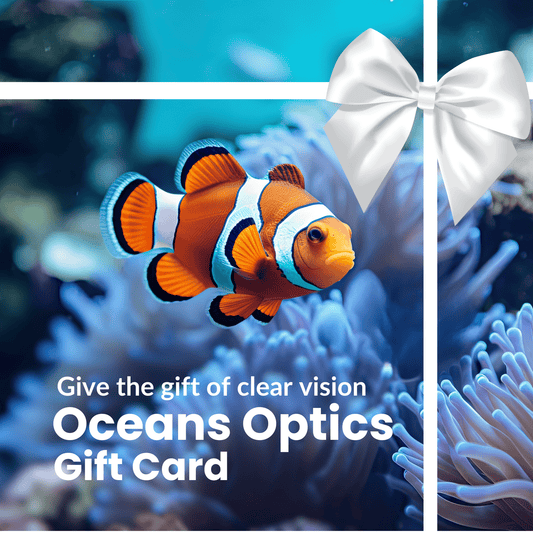Why Clear Underwater Vision Matters
Whether you're snorkeling a tropical reef or exploring deeper waters on scuba, your underwater experience depends on more than just your gear — it hinges on your ability to see clearly. For the 60%+ of the population with some form of vision correction (myopia or hyperopia), blurry underwater vision isn't just frustrating — it can be dangerous. And while many turn to contact lenses as a quick fix, that option brings its own serious risks.
In this article, Oceans Optics breaks down:
Why underwater vision is different from above water
What happens with uncorrected myopia or hyperopia in water
The risks of contact lenses underwater
The safest solution: prescription snorkel and dive masks
What Happens to Your Vision Underwater?
Water bends light differently than air, causing major blurring without an air gap. That’s why masks are essential — they restore an air interface. However, your usual prescription (for nearsightedness or farsightedness) still applies.
If you're myopic or hyperopic and not wearing correction, you’ll:
Struggle to read gauges, computers, and instructions
Misjudge depth and distance (a safety risk)
Experience eye strain, headaches, or fatigue from squinting
This isn’t just inconvenient — it’s a hazard. Divers Alert Network (DAN) emphasizes that clear vision is essential for safety.
Are Contact Lenses Safe for Snorkeling or Diving?
No. Most eye care experts, including the CDC and American Optometric Association, warn against wearing contact lenses underwater. Here's why:
Infection risk: Water can carry harmful microbes (e.g. Acanthamoeba) that stick to lenses and infect your eye
Corneal damage: Salt and chlorine can irritate or damage your cornea when absorbed into soft lenses
Lens loss or shifting: A mask flood or open eyes underwater can wash contacts away mid-dive
Gas buildup with RGP lenses: Hard lenses may trap nitrogen and cause blurred vision during ascent
If lenses must be worn, experts recommend daily disposables + a sealed mask, with lenses discarded immediately post-dive.
The Best Solution: Prescription Dive Masks
According to DAN, the American Academy of Ophthalmology, and World Underwater Federation:
"Prescription dive masks are the safest, clearest option for vision correction underwater."
Benefits:
Correct your vision accurately — like glasses
No infection or discomfort risks
Better visual awareness = better safety
Works for myopia, hyperopia
At Oceans Optics, we create high-quality prescription snorkel masks designed for adventure, clarity, and safety — engineered for people with glasses, contacts, or anyone who wants to see better below the surface.
Q: Can I wear contact lenses while snorkeling or diving?
A: No — it’s not recommended. Water exposure increases your risk of infection (e.g. Acanthamoeba), corneal damage, and lens loss. Most experts recommend switching to a prescription snorkel mask for safety and clarity.
Final Word
Don’t risk blurry dives or unsafe underwater adventures. Whether you're -3.00 or +2.50, prescription snorkel masks give you the freedom to explore with confidence — no squinting, no discomfort, no danger.
Shop Oceans Optics prescription dive masks — the clear choice for safe underwater vision.
All our masks
-
Rx Rover Prescription Snorkel/Dive Mask XSmall
Regular price $70.00 USDRegular priceUnit price per -
RX Rover Nearsighted Prescription Dive Mask in White_XSmall
Regular price $70.00 USDRegular priceUnit price per -
Rx Obsidian Nearsighted Prescription Snorkel & Scuba Dive Mask
Regular price $63.00 USDRegular priceUnit price per$70.00 USDSale price $63.00 USDSALE -
Rx Action Nearsighted Prescription Dive Mask w/GoPro Mount - Black
Regular price $99.00 USDRegular priceUnit price per$115.00 USDSale price $99.00 USDSALE -
Rx Action Rover Prescription Dive Mask w/Cam Mount_XSmall
Regular price $70.00 USDRegular priceUnit price per$75.00 USDSale price $70.00 USDSALE -
Rx Mako Farsighted Prescription Snorkel/Diving Mask
Regular price $99.00 USDRegular priceUnit price per -
Rx Mirage Prescription Spearfishing Mask
Regular price $80.00 USDRegular priceUnit price per -
Rx Carbon: Nearsighted Prescription Mask for Scuba Diving
Regular price $80.00 USDRegular priceUnit price per$100.00 USDSale price $80.00 USDSALE -
Rx Obsidian Prescription Diving Mask-Medium
Regular price $70.00 USDRegular priceUnit price per -
Rx Lumix Prescription Scuba Dive Mask Aluminum
Regular price $95.00 USDRegular priceUnit price per$100.00 USDSale price $95.00 USDSALE -
Rx Lumix Prescription Snorkel/Dive Mask - Aluminum - White
Regular price $100.00 USDRegular priceUnit price per -
Rx Action Farsighted Prescription Dive Mask w/Cam Mount
Regular price $115.00 USDRegular priceUnit price per -
Oceans Optics Gift Card
Regular price From $60.00 USDRegular priceUnit price per
Talk about your brand
Share information about your brand with your customers. Describe a product, make announcements, or welcome customers to your store.
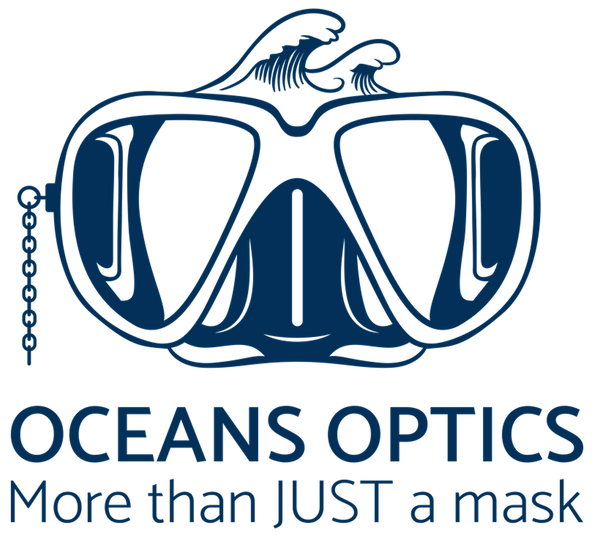
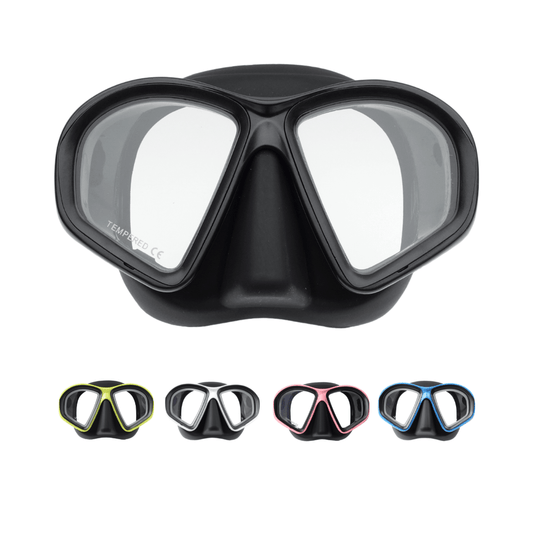
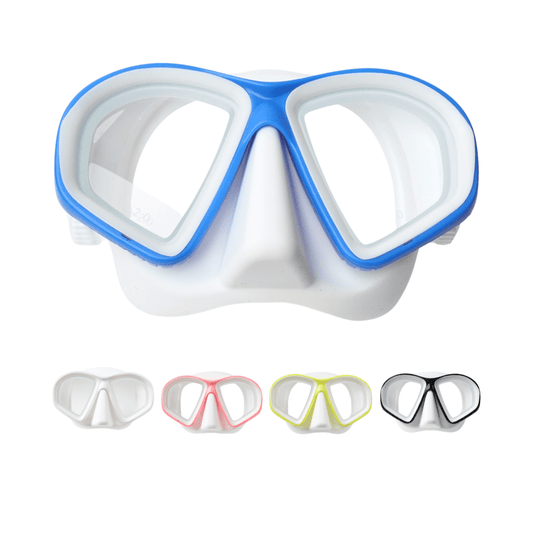
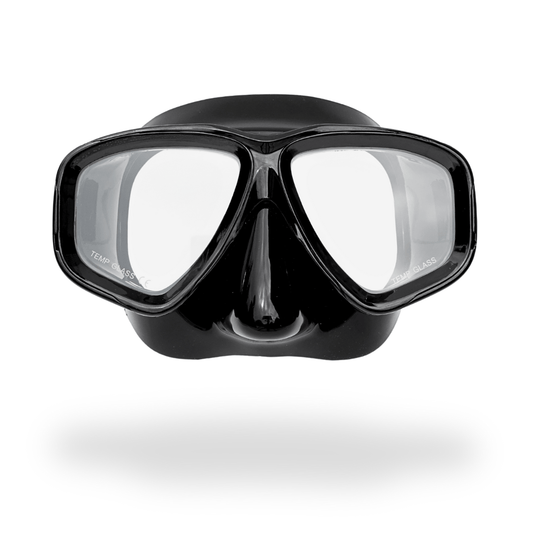
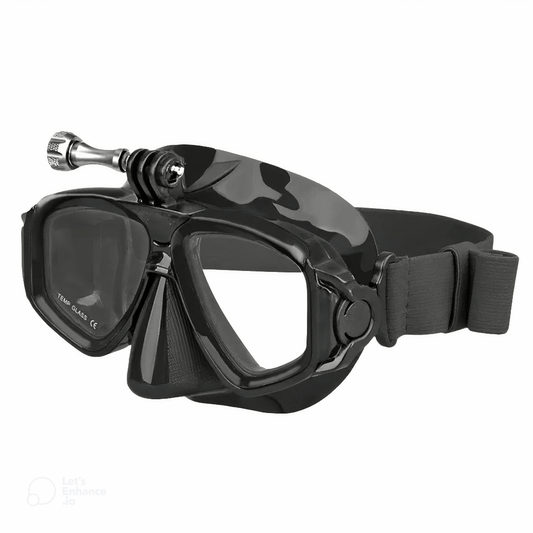
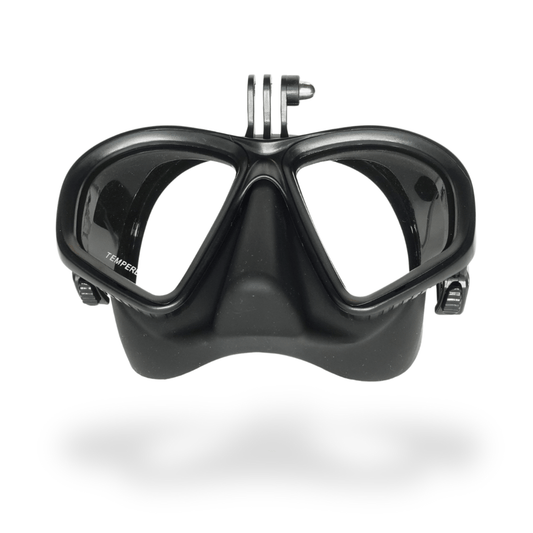
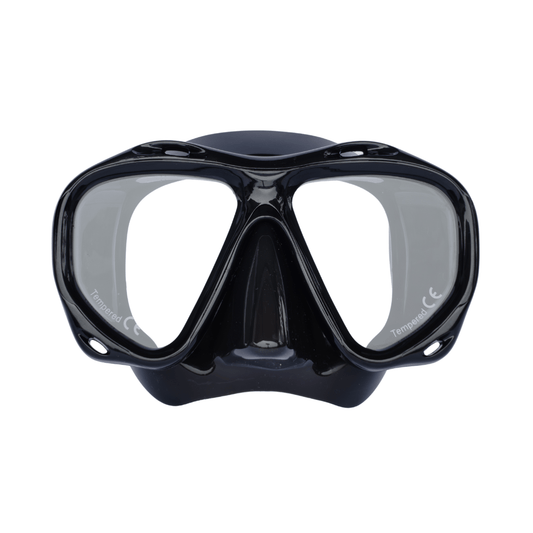
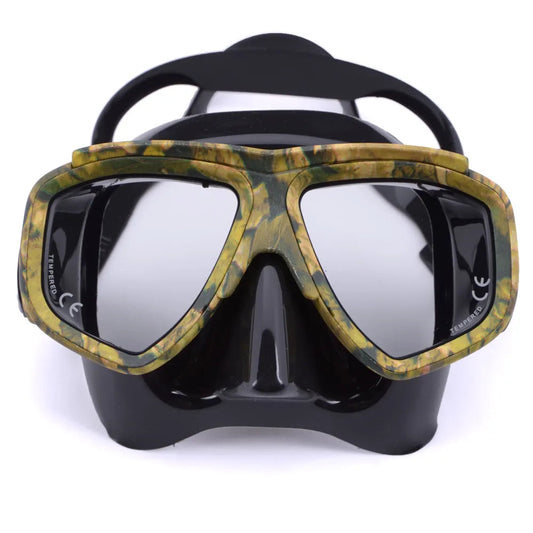
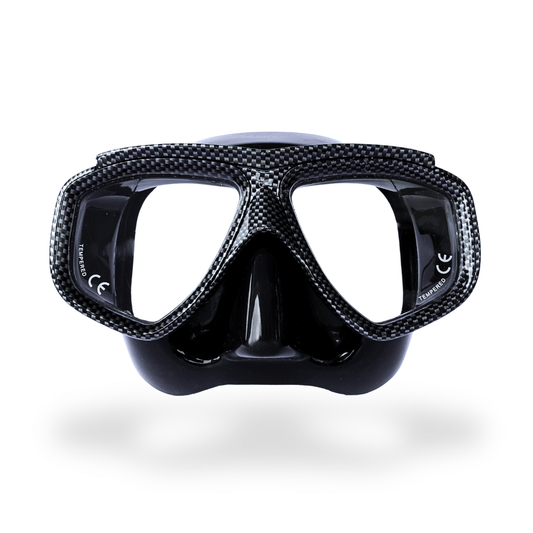
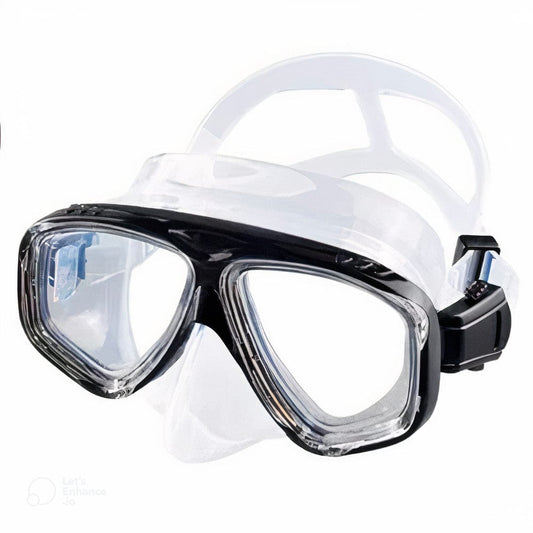
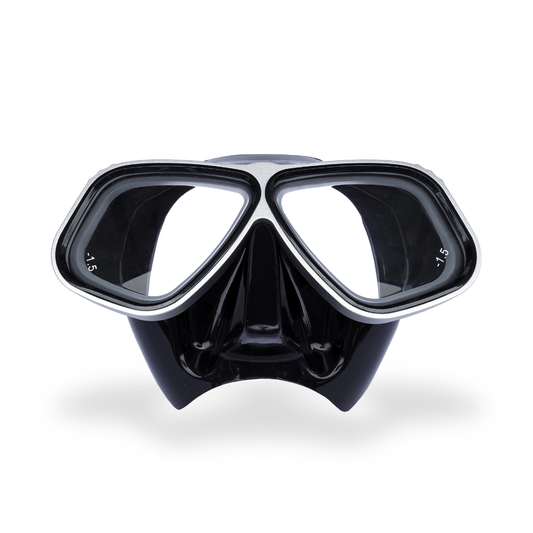
![Prescription dive mask Blue on White [NEW] RX Lumix Optical Dive Mask - Aluminum - White Series [NEW] RX Lumix Optical Dive Mask - Aluminum - White Series](http://oceansoptics.com/cdn/shop/files/prescription-dive-mask-new-rx-lumix-optical-dive-mask-aluminum-white-series-new-rx-lumix-optical-dive-mask-aluminum-white-series-blue-on-white-60704407585101.png?v=1758777053&width=533)
